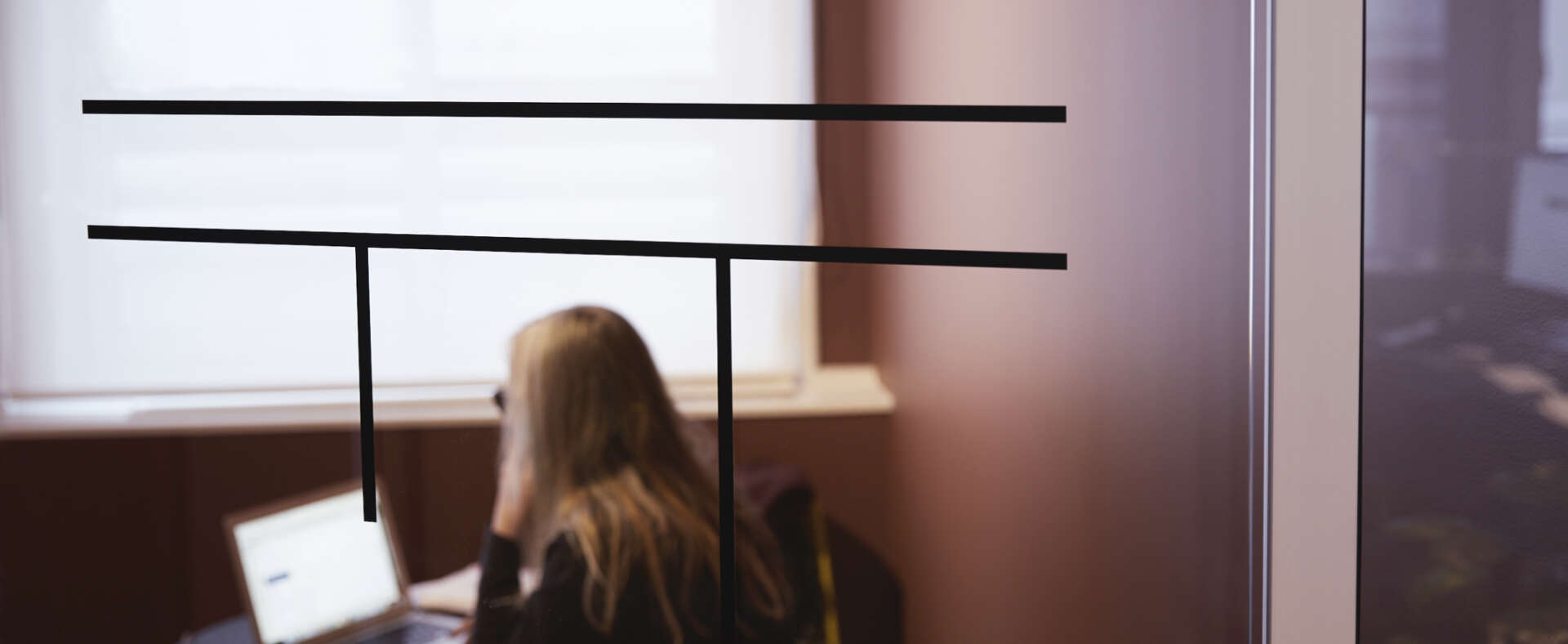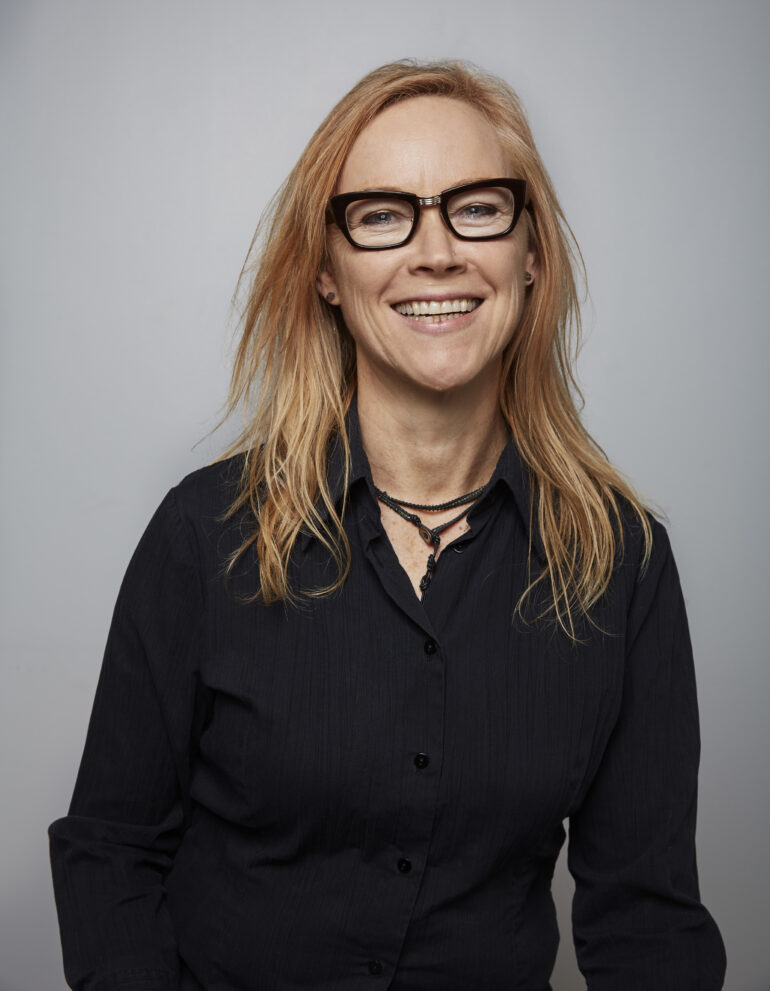
Nordisk Film & TV Fond’s in-house fiction and documentary advisors discuss experiencing the online Series Mania Forum and CPH:FORUM and working from home.
Due to the coronavirus pandemic, organisers of the major international documentary industry platform CPH:FORUM (March 24-26) and TV drama market Series Mania FORUM (March 25-April 7) turned digital.
Nordisk Film & TV Fond’s project advisor for feature film and TV series Torleif Hauge, and documentary advisor Karolina Lidin joined hundreds of international delegates in the virtual space.
TORLEIF HAUGE
Project Advisor-Feature film, TV series, Film Cultural Initiatives
How did you experience Series Mania Forum online?
Torleif Hauge: Series Mania divided their webpage into the following sectors: Projects in development, Coming Next, Buyers Showcase and International trailers.
Under Projects in development there are 16 Co-Pro Pitching sessions consisting of Synopsis, Author’s Statement, Goals at Series Mania Forum, Company Profile and Financial Data.
In addition, you can access a video with a teaser trailer and/or the creatives pitching in front of a camera. At the bottom you could download a Pitch bible.
In Coming Next, there are three sections with 5 pitches from France, 5 from Germany and 5 from Québec. In Buyers Showcase, you find a variety of finished productions of which you can stream the first two episodes. They are divided into following categories: International Competition, International Panorama, Comedies, Short Forms – Competition, Made in USA, Buyers Showcase Exclusives and Carte Blanches Québec.
For me the ‘Projects in development’ section was the most interesting.
What were the pros and cons compared to a physical market?
TH: The advantage is that you can watch the pitches whenever you like. A little extra bonus for me, being hearing impaired, is that I can stream the sound directly to my hearing aids and also there is subtitling. I still haven’t been to one live event where they have a telecoil system working. You can also pick the pitches that you find interesting and skip the others.
What you lose however is the spontaneity of what’s happening on stage and the possibility to meet the pitchers face to face. Also all the interesting panel discussions are missing and at last but not least, the direct contact with other people is missing.
Although it’s early days, what lessons could be learnt from this virtual initiative?
TH: As many festivals already do, they can livestream and also put up the events for streaming afterwards. Often the programme of physical markets is quite tight and venues are in different places, so you have to choose which session you want to attend, unlike for virtual experiences.
How are you adapting with your new working from home conditions due to the coronavirus?
TH: It’s more or less like usual. We already have a very good digital system, so for me working at the office or at home makes no difference. That said, it is not the same being without direct contact with my colleagues.
Is there a message or recommendations you’d like to give professionals submitting applications to you these days?
TH: Now that you have the time to work a little bit more with your projects before applying for funding - take your time and wait for a new version of the script rather than uploading an unfinished one.
We only read once, so if you have submitted your application it can be too late to upload a new and better version of the script if we already have started to read.
You may also shoot a video pitch with the producer, director and/or writer which we can look at, since there are no meetings, and then you have the possibility to give us a more personal pitch.
KAROLINA LIDIN,
Documentary Advisor
In which sessions of CPH:FORUM did you take part?
Karolina Lidin: I took part in CPH:Forum’s Opening Session, one-on-one meetings and film screenings.
What were the pros and cons compared to a physical market?
KL: All the above virtual alternatives were absolutely functional, and the organisers deserve all possible praise for having managed to make this happen at such short notice.
But of course, the granular functionality of each virtual element does not generate the synergy effects, the community building and the cross-fertilisation opportunities that physical events do. As a conveyor belt to keep the business going, facilitating virtual spaces is incredibly valuable, but to cultivate and challenge our creative community in deeper and new surprising ways, I for one hope we never give up coming together IRL.
Although it’s early days, what lessons could be learnt from this virtual initiative?
KL: Some have voiced that this will be the end of the many (too many?) festivals, markets, workshops and other live initiatives. In general, the global lock down will for sure make us reassess many aspects of how we live our lives and conduct our businesses. But hopefully this will not mean that only the biggest will survive, but rather that the strength and sustainability of core values, no matter how big or small the event, will be decisive. We need the whole eco-system to thrive both as a community and as an art form.
How are you adapting to your working from home conditions due to the coronavirus?
KL: Since the bulk of our workload is virtual already, we are in the fortunate position to be able to carry on basically all our daily obligations remotely from our respective home-work places. It is our intention that none of our applicants or support recipients experience that our communication or any of our services are compromised by the situation.
Is there a message or recommendations you’d like to give professionals submitting applications to you these days?
KL: From the Fund's point of view, we stress updating new and old applications according to the current Covid-19 situation. We are very open for dialogue around the present circumstances. Many new applications will be affected by the situation and we will of course take this into consideration as part of our financing decisions.

